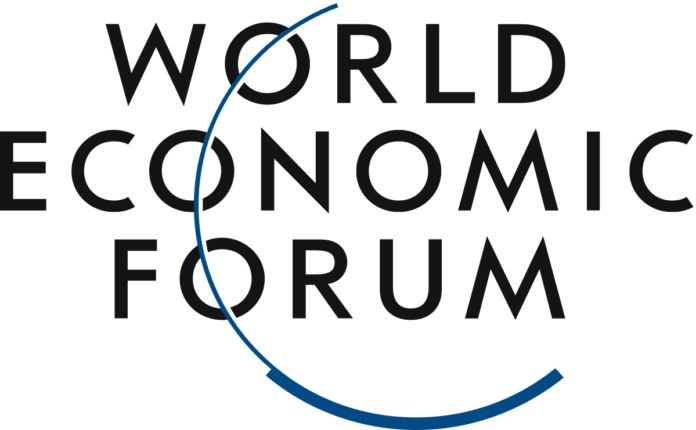*Africa missing in top 60, Nigeria is 108th in ETI 2024 rankings
*Global investment in energy transition hit $1.8tn in 2023
CHIGOZIE AMADI
The global energy transition to a more equitable, secure and sustainable energy system is still progressing but has lost momentum in the face of increasing uncertainty worldwide, according to a new World Economic Forum (WEF) report.
While 107 of the 120 countries benchmarked in the report demonstrated progress on their energy transition journeys in the past decade, the overall pace of the transition has slowed and balancing its different facets remains a key challenge, the report said.
An Energy Transition Index (ETI) ranking some by WEF saw Africa missing from the top 60, with Nigeria appearing in the 108th position out of the 120 countries that were ranked by the organisation.
WEF quoted a separate report as having found that global investments in the energy transition hit a record $1.8 trillion in 2023, climbing 17 per cent from a year earlier.
Most of this investment was in electrified transport, with China as the largest market, accounting for over one-third of the total investment, followed by Europe and the US.
While global clean energy investment has surged by 40 per cent since 2020, this recent growth has primarily been concentrated in advanced economies and China.
In contrast, other emerging and developing economies received less than 15 per cent of the total investment despite accounting for 65 per cent of the world’s population and generating about a third of global Gross Domestic Product (GDP).
The disparity, the report said, highlighted a concerning trend in financing the energy transition in emerging and developing economies. To align with efforts to limit global warming to 1.5°C, “clean energy investment in these economies outside China must increase more than sixfold, from $270 billion currently to $1.6 trillion by the early 2030s,” it added.
Economic volatility, heightened geopolitical tensions and technological shifts have all had an impact, complicating its speed and trajectory, the document stressed, adding however, that there’s some reason for optimism, with increasing global investments in renewables and significant growth in energy transition performance in sub-Saharan Africa over the past decade.
The 14th annual edition of the Forum’s report, “Fostering Effective Energy Transition” 2024, published in collaboration with Accenture, uses the ETI to benchmark 120 countries on the performance of their current energy systems.
The focus was on balancing equity, environmental sustainability and energy security, and on their transition-readiness.
“We must ensure that the energy transition is equitable, in and across emerging and developed economies,” said Roberto Bocca, Head of the Centre for Energy and Materials, WEF.
“Transforming how we produce and consume energy is critical to success. We need to act on three key levers for the energy transition urgently: reforming the current energy system to reduce its emissions, deploying clean energy solutions at scale, and reducing energy intensity per unit of Gross Domestic Product (GDP),” Bocca added.
Europe continued to lead the ETI rankings, with the top 10 list for 2024 fully composed of countries from that region.
“Sweden (1) and Denmark (2) top the rankings, having both placed in the top three countries each year for the past decade. They are followed by Finland (3), Switzerland (4) and France (5). These countries benefit from high political commitment, strong investments in research and development, expanded clean energy adoption – accelerated by the regional geopolitical situation, energy-efficiency policies and carbon pricing.
“France is a new entrant in the top five, with recent energy-efficiency measures reducing energy intensity in the past year.
“Among G20 economies, Germany (11), Brazil (12), the United Kingdom (13), China (17) and the United States (19) join France in the ETI top 20, along with new entrants Latvia (15) and Chile (20), which were buoyed by increases in renewable energy capacity,” it stressed.
China and Brazil have progressed significantly in recent years, primarily driven by long-term efforts to increase the share of clean energy and enhance their grid reliability.
Under former President Muhammadu Buhari’s administration, Nigeria pledged to meet its NetZero goals by 2060. It’s unclear how the country plans to achieve this while searching for fresh investments in its fossil fuels.

























